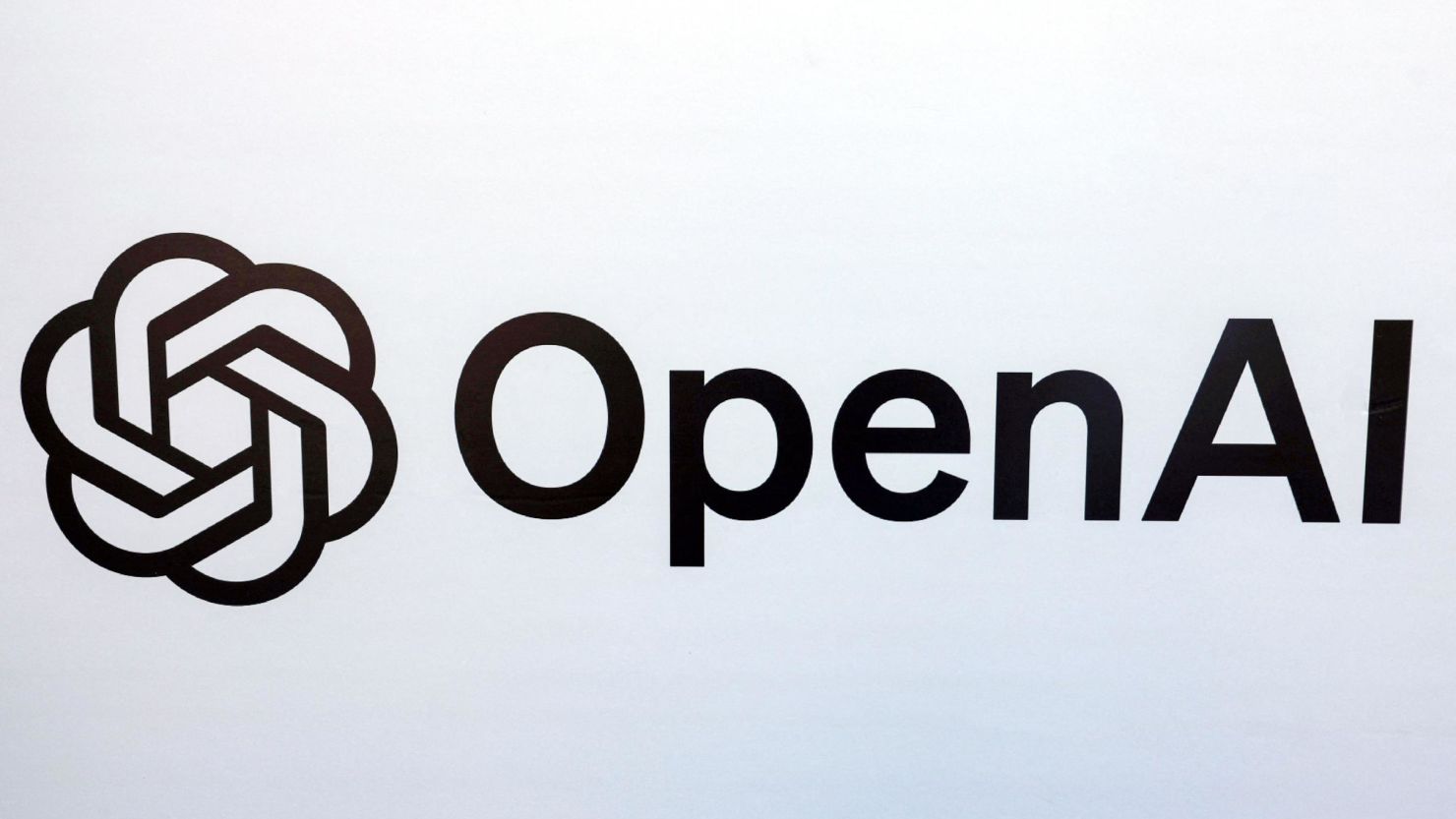On January 8, OpenAI responded to the copyright lawsuit filed by The New York Times in December 2023, asserting that the legal action lacks merit. The New York Times had filed a lawsuit against OpenAI and Microsoft, alleging that the two companies trained their AI models by infringing on millions of copyrighted articles from the publication. OpenAI, the creator of ChatGPT, published a blog post expressing its support for journalism, emphasizing its partnerships with news organizations, and stating its belief that The New York Times lawsuit is without merit.
The lawsuit filed by The New York Times marked a significant development, making it the first major news publication to sue both OpenAI and Microsoft. The primary argument put forth by The New York Times was that the AI models, specifically ChatGPT and Microsoft’s Bing, were trained using its copyrighted articles. The publication claimed that these models could generate output that closely mimicked its content, reciting it verbatim and replicating its expressive style. The lawsuit contended that Bing, in particular, produced responses containing verbatim excerpts and detailed summaries of Times articles. The lawsuit further alleged that this unattributed use of content had deprived The New York Times of various revenue streams, including subscription, licensing, advertising, and affiliate revenue.

OpenAI countered the claims made in the lawsuit, summarizing its stance in four key points. First, OpenAI asserted that The New York Times manipulated prompts to generate regurgitated content. It argued that the regurgitations produced in the lawsuit were from years-old articles that had already proliferated on various third-party websites. OpenAI suggested that the prompts intentionally manipulated by The New York Times often included lengthy excerpts of articles to elicit specific responses from its models. The response highlighted that even with such prompts, the models typically did not behave as insinuated by The New York Times.
Second, OpenAI emphasized that the models did not replicate the behavior described in the lawsuit when responding to manipulated prompts. The company stated that the AI models aim to provide useful and coherent responses based on the input received, and they are not programmed to behave as claimed by The New York Times.
Third, OpenAI contested the notion that ChatGPT and Bing are tools for generating verbatim excerpts of copyrighted content. It clarified that while the models may produce outputs that are similar to existing text, their purpose is to provide information and assistance based on the input provided.
Finally, OpenAI expressed its commitment to addressing concerns and improving the system, acknowledging the need for vigilance in preventing misuse of AI technology. The company highlighted its ongoing efforts to gather public input on AI usage and deployment.
In conclusion, OpenAI’s response to The New York Times lawsuit challenges the claims made against it, emphasizing the responsible development and use of AI models while expressing its dedication to supporting journalism. The legal proceedings between OpenAI and The New York Times will likely unfold as the case progresses.


